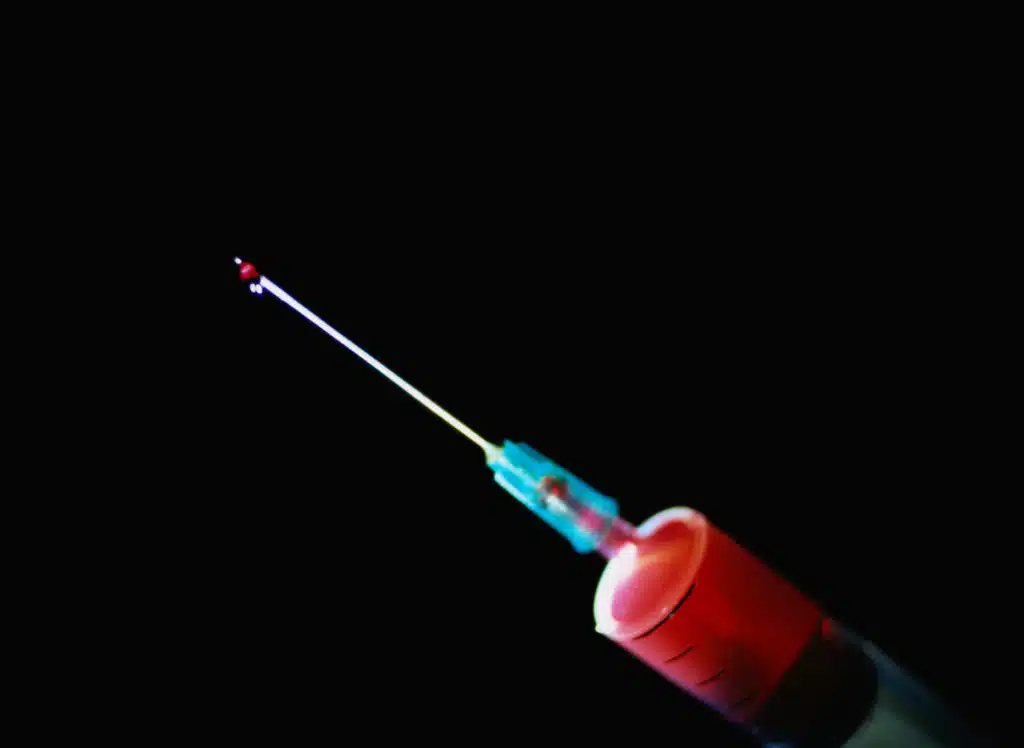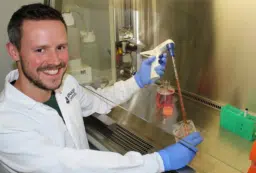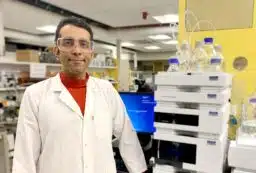A new generation of vaccines is closer, thanks to research work by a young Melbourne scientist on DNA vaccines.
We need new vaccines to combat the numerous infectious diseases that kill approximately 17 million people annually. A new generation of vaccines is closer, thanks to breakthrough Australian work, just published in Nature. During his PhD at the Walter and Eliza Hall Institute with Dr. Andrew Lew, Jeff Boyle began working on DNA vaccines. DNA vaccines have attracted worldwide interest due to their early successes in the prevention of infectious diseases and treatment of cancer. DNA vaccines are different to conventional vaccines because the cells of the body manufacture the vaccine, which is recognised by the immune system, much as like what occurs during a virus infection.
However, a major problem with DNA vaccines was that they produced relatively poor immune responses. Jeff may have solved this problem by directing the vaccine to the cells and sites in the body where immune responses are generated. Not only was the response to a DNA vaccine greater in magnitude (up to 10 000 fold) but it also occurred much more quickly. Rapid immune responses would mean that vaccinated animals or humans would be protected from the disease earlier and may allow for the development of therapeutic vaccines that work after infection or disease had occurred. This research may hasten the introduction of effective DNA vaccines into the clinic to help fight infectious diseases and cancer.





 Fresh Science is on hold for 2022. We will be back in 2023.
Fresh Science is on hold for 2022. We will be back in 2023.